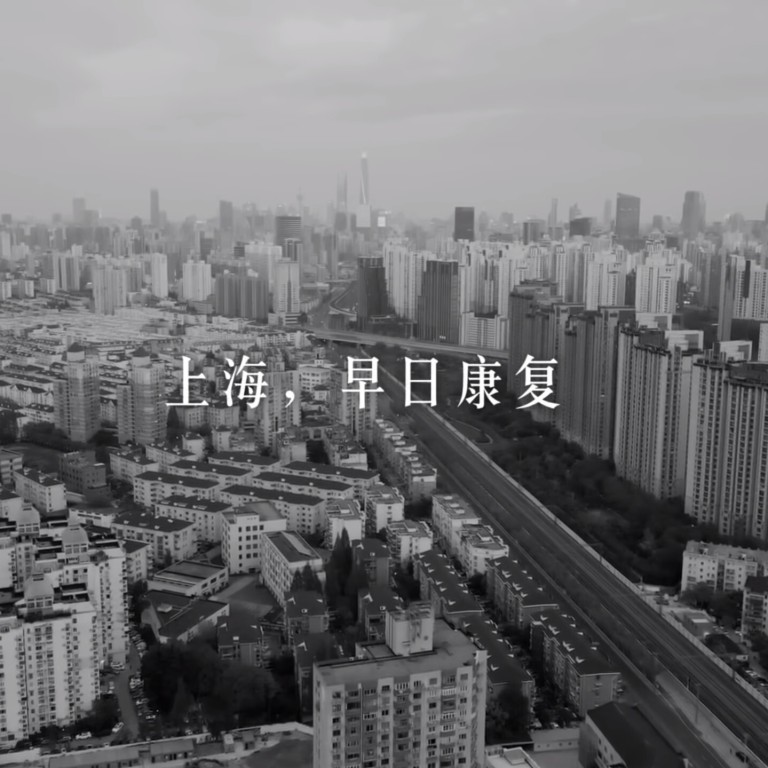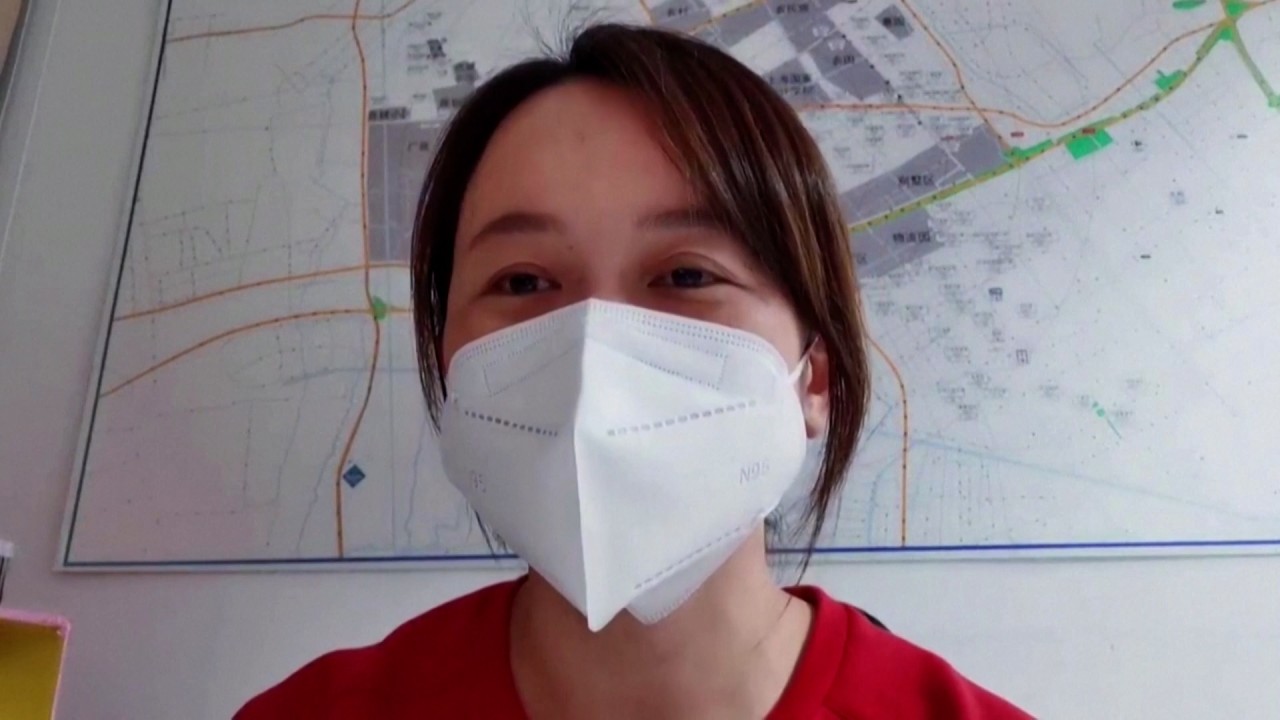
Voice of April: the Shanghai Covid-19 protest video testing censors
- Compilation of audio complaints about lockdown went online on Friday and was swiftly taken down
- But internet users have found ways to keep it circulating
The video, Voice of April, started appearing on social media and instant messaging platforms on Friday and was swiftly removed by censors, who also disabled online searches for the video’s name.
Internet users continued to keep posting the video by applying small changes, such as altering the title, to try to reach more viewers.
The author of a blog called Zhang Feng Guancha, or Zhang Feng Observations, said he had seen many variations of the video since it went online on Friday, and no matter how quick it was censored, it kept being circulated via WeChat groups.
Shanghai, a city of 25 million people, has been in lockdown since late March to try to contain an outbreak of the coronavirus fuelled by the highly transmissible Omicron variant.
Residents have faced food and medicine shortages, and there have been reports of some patients being refused medical care.
In a show of frustration at the conditions, some residents recorded phone calls with neighbourhood and disease control officials and posted them online.
But each time, the posts were removed swiftly by censors.
Shanghai’s Covid-19 lockdown takes heavy toll on young families
The Voice of April is a compilation of those complaints.
The video combines aerial views of the city with about two dozen audio recordings reflecting the plight of the population over the last few weeks.
The recordings are presented in chronological order, starting with two recordings of Shanghai officials stating publicly in March that the government would not lock down the city because it was a national financial hub.
The video then presents voices on the ground from April, including those of neighbourhood committee officials saying they cannot help residents to get medical services.
There is also audio of a baby being taken away from its parents as the child is put into quarantine, residents chanting for food, a mother knocking on a neighbour’s door for medicine for her child, and a cancer patient unable to return home after chemotherapy.
Many of the recordings had been widely circulated online earlier this month before they were censored.
China’s community officials feel strain of Shanghai Covid lockdown
There were also some positive clips, including stranded drivers thanking Shanghai police for bringing them food.
In another recording, an old man gives food to workers in his building saying: “The virus does not kill, but starvation does.”
Each of the recordings is accompanied by subtitles showing the time and the number of Covid-19 cases in Shanghai at the time.
The producer of the clip is now known.
Without referring to the video by name, Hu Xijin, former editor-in-chief of nationalist tabloid Global Times, wrote on Weibo on Friday that it was natural for Shanghai people to vent their grievances online after a long time in lockdown.
The authorities should give some room for the public to release their emotions online while managing opinions, he said.
But those tributes soon turned into calls for freedom of speech and were shut down.
The authorities then spun the narrative to portray Li as a hero and a loyal Communist Party member. No online protest has been allowed since, although many cities have gone through lockdown.


